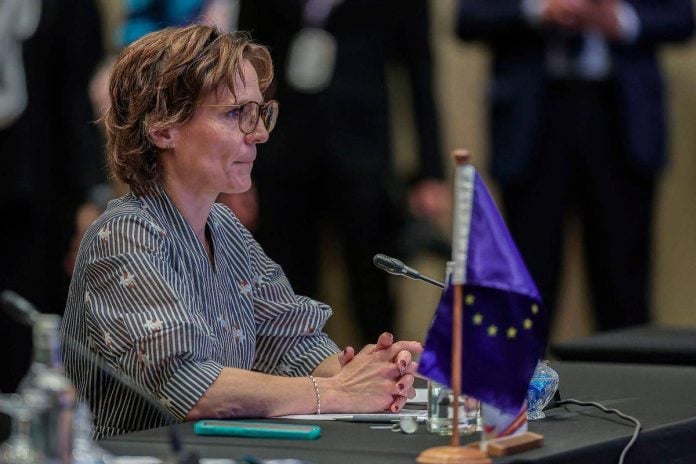LANGKAWI: The European Union has launched two biodiversity projects worth 30 million euros in partnership with ASEAN to boost nature conservation and strengthen community resilience.
EU Commissioner for Environment Jessika Roswall said the initiatives underline the EU’s commitment to deepen cooperation with ASEAN on environmental challenges that transcend borders.
“Our partnership is not transactional,” she said during the EU-ASEAN Joint Side Event on Advancing Biodiversity Protection and Carbon Pricing for a Sustainable Future.
She emphasised that the projects represent a continuation of a long and trusted partnership rather than the start of something new.
Europe aims to protect at least 30% of its land and sea by 2030, with one third of those areas being strictly protected.
The EU also wants to restore at least 20% of degraded ecosystems by 2030 and all ecosystems in need by 2050.
Last year saw the Nature Restoration Law enter into force as the first legislation of its kind worldwide.
The EU is acting to stop the decline of pollinators and to rebuild soils and forests across member states.
It commits at least 20 billion euros every year for biodiversity initiatives throughout Europe.
“Europe cannot succeed alone,” Roswall noted, adding that nature does not recognise international borders.
The EU has reaffirmed its commitment to work closely with ASEAN countries including Malaysia on deforestation concerns.
She acknowledged that the EU’s Deforestation Regulation has often been a point of contention with ASEAN nations.
Malaysia has taken impressive steps in tackling deforestation and improving traceability systems according to the commissioner.
These efforts are central to meeting the requirements set out in the EU Deforestation Regulation.
Cooperation occurs on both political and technical levels between the EU and ASEAN member states.
The Commission and member states have initiatives to engage with small operators through financial support and data sharing.
This cooperation will prove very fruitful for addressing shared environmental challenges across regions. – Bernama







